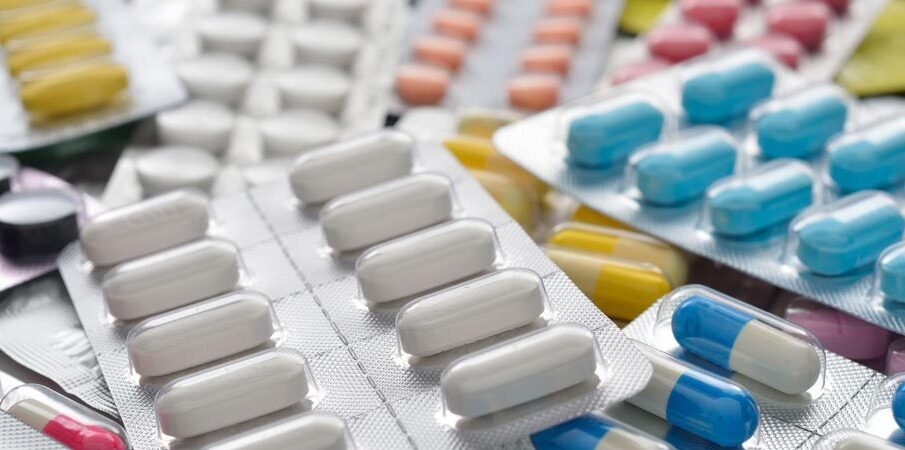Relationship Between Alcohol Abuse and Kidney Disease as per Taylor

The kidneys are undoubtedly one of the top choices for importance among the numerous important organs in a human. The kidneys are in charge of controlling water intake and outflow, maintaining a balance between the body’s mineral levels, and creating vital hormones. Renal illness, which offers serious health concerns to the kidneys themselves, is a risk factor for alcoholism.
If you or a beloved one has renal illness or questions about the effects of alcohol on your kidneys, get medical advice. By calling Taylor Recovery Center’s helpline, you will talk to an admittance coordinator and find out more about your alcohol addiction treatment options and begin moving on the road to recovery.
When Is Drinking Too Much?
Any amount of alcohol use is unhealthy, according to scientific evidence. Most people are believed to not be at major health risk from minimal to moderate alcohol intake. Although many people think that consuming alcohol at low level is not harmful, the great majority of experts advise against doing so. A male is deemed to be an alcoholic if he takes more than four drinks per day or fourteen drinks per week. Keep in mind that older people or those who already have health issues may be more susceptible to the harmful effects of alcohol.
Signs of Alcohol-Related Kidney Damage
Alcohol may damage the kidneys, yet there are no overt symptoms of this damage. On the contrary hand, a variety of symptoms show the kidneys have been harmed by alcohol or another substance. Kidney damage symptoms may include:
- Foamy urine
- Urinating more often or in larger quantities than usual
- Muscle cramps
- Swelling in the legs or feet
- Difficulty sleeping
- Dry, itchy skin
Although these symptoms might indicate the presence of kidney disease, they cannot be utilized to identify the condition. Medical testing is necessary in order for a doctor to determine if kidney damage has happened or not.
Kidney Damage by Alcohol
There are various ways that alcohol use might harm kidney health. Alcohol dehydrates you, which reduces your body’s water content. Dehydration may affect other parts of the body, but it has a disproportionate bad effect on the kidneys. Despite the kidneys’ role in preventing dehydration, alcohol consumption impairs them and prevents them from performing their function effectively. The effect of this is an overuse of the kidneys.
Large alcohol consumption results in constricted blood vessels, which raises blood pressure and promotes dehydration. The kidneys have a role in part in controlling blood pressure. As a result, when they notice excessive blood pressure, they lower it by removing extra fluid from the body’s circulatory system. Alcohol use stresses the kidneys since they have to release fluid to lower blood pressure and hold fluid to avoid dehydration.
An extended duration of alcohol abuse also has the potential to harm the liver. Problems with the liver brought on by alcohol usage may affect kidney function because the liver helps control blood flow to the kidneys.
Visit Our Rehab in Dallas
Taylor Recovery Center understands the serious threats to health that may result from renal disease and failure. Serious, maybe fatal, problems might result from any interference with the kidneys’ capacity to remove waste from the bloodstream and preserve the wellbeing of the remainder of the body’s systems. Since alcoholism is a significant risk factor for kidney impairment, people with alcohol addiction need to incorporate renal care in their long-term treatment. Contact Taylor Recovery Center today for more information.



















